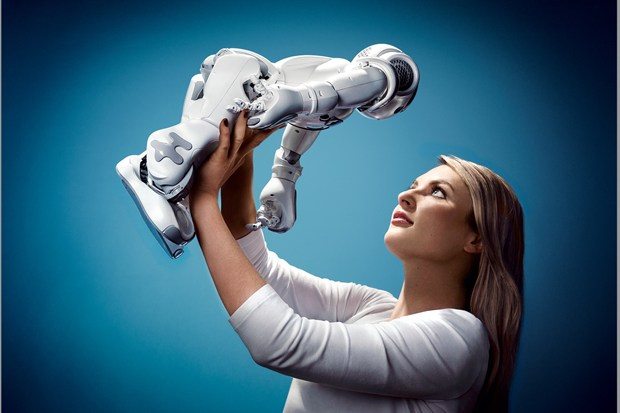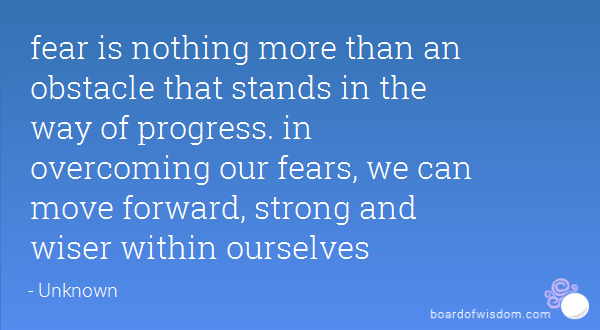
Building on yesterday’s InsurTech theme, I remember being taught the principles of insurance some years ago. A key difference between insurance and any other business is that it is seller beware rather than buyer beware. This is why the industry is built with a principle called uberrima fides rather than caveat emptor. Uberrima fides is Latin for utmost good faith, and determines that the insurer can trust your declarations when you apply for auto, property or life insurance. The thing is that technology is changing that game.
For example, when all cars are self-driving and never crash, who needs car insurance? If all houses are internet-enabled, who can burgle them? If we can cure all diseases, who needs critical illness cover? In fact, the only area of insurance I see that has a growing future is pension planning. After all, if we’re going to all live for a century or more, we’re going to need really good pensions.
But then there’s other issues that arise, specifically over-population.
When I was born, there were three billion people in the world. Today, there are over seven billion. If we can cure all, raise everyone out of poverty, decrease tensions and wars, and create more health and longevity, then we have a real problem. People living to 100 years old implies that we’re going to have twenty billion people soon, maybe 100 billion … maybe a trillion.
This planet cannot sustain so many, which is why I blogged recently about whether we would become a multiplanetary species – the most likely scenario – or a massive euthanasia programme. In fact, the thing that intrigues me right now is the number of negative future scenario books there are appearing, with the two most notable being The Rise of the Robots by Martin Ford and Homo Deus by Professor Yuval Noah Harari.
A summary of Martin Ford’s book on robots includes the idea that AI and robotics will wipe out human work.
The more Pollyannaish, or just simply uninformed, might imagine that this industrial revolution will unfold like the last: even as some jobs are eliminated, more will be created to deal with the new devices of a new era. In Rise of the Robots, Martin Ford argues that is absolutely not the case. Increasingly, machines will be able to take care of themselves, and fewer jobs will be necessary. The effects of this transition could be shattering.
A summary of Yuval Noah Harari book is that humankind is moving rapidly towards designer humans for the rich and a gargantuan mass of subhumans who don’t matter.
What poses the chief threat to mankind in the 21st century: financial meltdown, nuclear war or ecological disaster? The answer, according to Yuval Noah Harari, is none of the above. Instead our greatest existential challenge will come from the “techno-religion” known as Dataism.
Both are rather scary views of the next world. I personally disagree with both as well.
The reason I disagree is that people scared of the future tend to be older. I’m old, but a key part of tracing the future is tracking the young. The young are never scared of the future. In fact, they embrace it. Ask a youngster their age and they’re always in fractions: eight-and-a-half or thirteen-and-a-quarter. Ask an older person their age and they’re Forever 21 or 40. Personally, I’m just two millennials, but that’s another story.
So we have these fearful people who are frightened of progress. They fear technology and change. That’s nothing new.
The good news is that both books have some positive perspectives. Harari’s book notes that, for thousands of years, humans were principally worried about famine, plague and war. All three still exist but they are now manageable problems. “For the first time in history,” writes Harari, “more people die today from eating too much than from eating too little; more people die from old age than from infectious diseases; and more people commit suicide than are killed by soldiers, terrorists and criminals combined.”
Ford’s book also believes that the ever-developing world of technology is giving us great leaps in curing incurable diseases. In fact, the technologists themselves believe so, as illustrated by the $3 billion charitable trust created by Mark and Priscilla Zuckerberg this week to “cure, prevent or manage all diseases by the end of the century”. Earlier this week, Microsoft said it intended to “solve” cancer by using artificial intelligence tools; Google's DeepMind unit is working with the NHS to find a way to use computers to more accurately diagnose diseases; and IBM and MIT announced a tie-up earlier this week to develop AI-based systems that could help clinicians improve the care of elderly and disabled patients.
And this is why I disagree with Ford and Harari. Yes, we will have challenges but the next big wave of change will be space.
Space travel and space craft is already high on the agenda of technologists and entrepreneurs from Musk to Bezos to Branson. This creates a positive potential for the future as building and using spacecraft will be highly intensive in both human/machine collaboration. And that’s the future I think will be the world of the next few centuries: human/machine collaboration.
Technology will not get rid of humans and human jobs; nor will it create a race of super- and sub- humans. Instead, we will see a future world of humans exploring other worlds; living on other planets; and seeking a better humanity.
The acquisition of wealth is no longer the driving force in our lives. We work to better ourselves and the rest of Humanity. Jean-Luc Picard
I would like to die thinking that humanity has a bright future … becoming a multiplanetary species with a self-sustaining civilization on another (planet). Elon Musk
Chris M Skinner
Chris Skinner is best known as an independent commentator on the financial markets through his blog, TheFinanser.com, as author of the bestselling book Digital Bank, and Chair of the European networking forum the Financial Services Club. He has been voted one of the most influential people in banking by The Financial Brand (as well as one of the best blogs), a FinTech Titan (Next Bank), one of the Fintech Leaders you need to follow (City AM, Deluxe and Jax Finance), as well as one of the Top 40 most influential people in financial technology by the Wall Street Journal's Financial News. To learn more click here...


